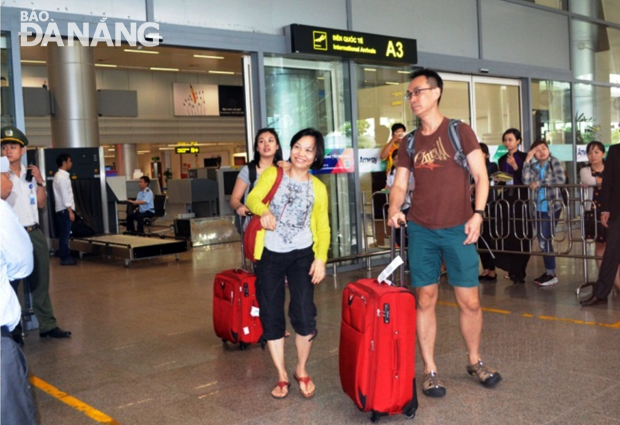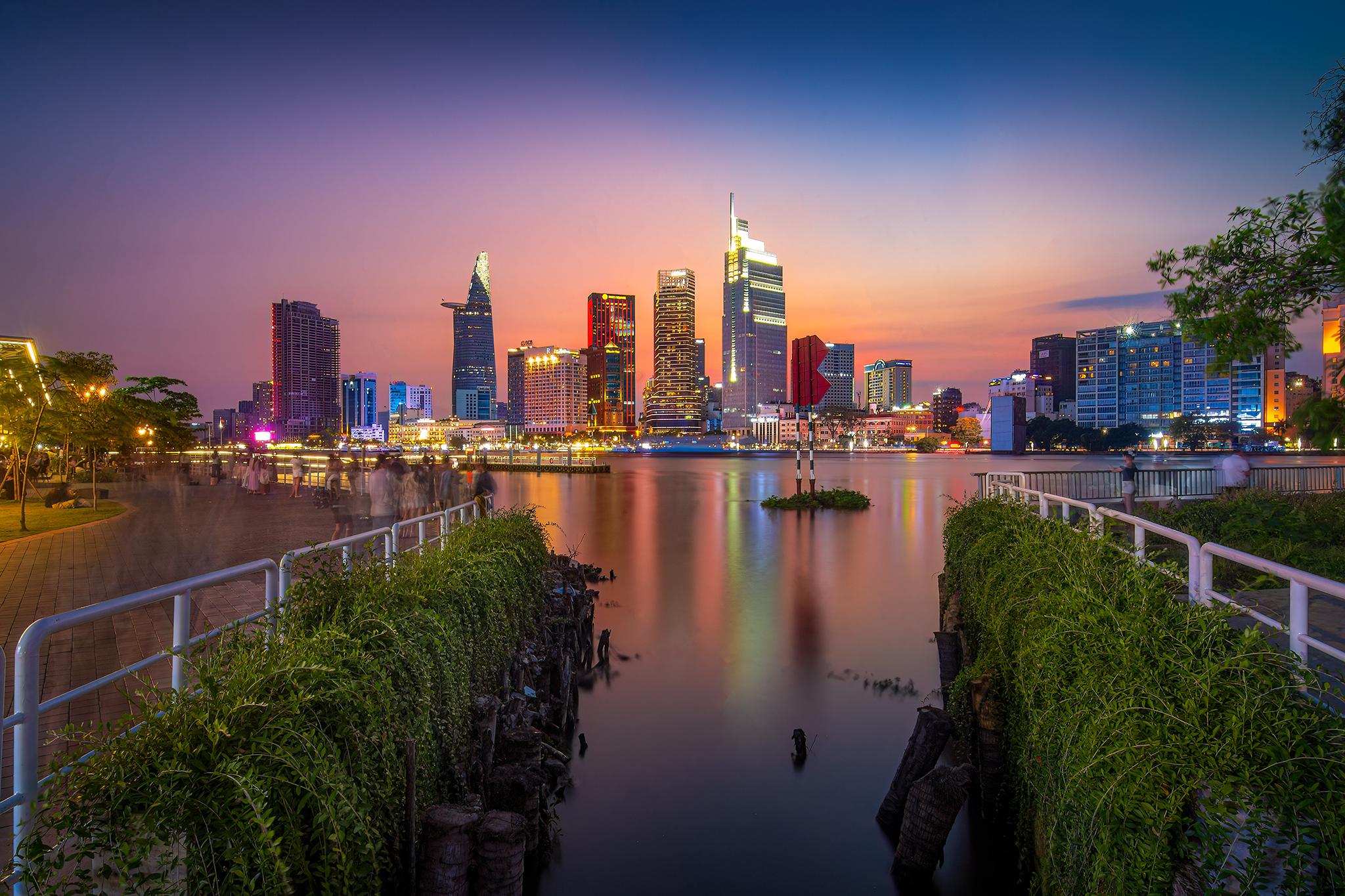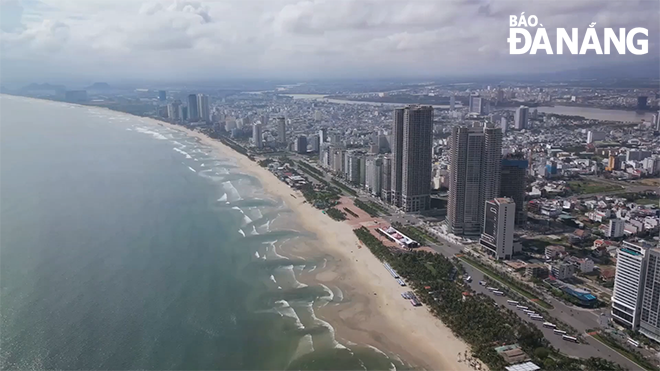Management of foreign visitors needs tightening
Over recent years, China has topped Da Nang’s list of international tourist markets. In the first half of this year, the city welcomed 211,079 Chinese visitors, up by 83% compared with the same period last year.
 |
| Foreign visitors arriving at Da Nang International Airport |
In a reaction to some Chinese tourists showing inappropriate behaviour at some of the city’s drinking, eating, and accommodation establishments, a number of restaurants and hotels have announced that they will no longer serve Chinese guests.
However, the city authorities have now asked these service providers to stop such discrimination and to continue offering services to Chinese tourists, as well as those from Chinese-speaking localities. The spontaneous reaction by the service providers could harm the local tourism sector, they remarked.
The Chairman of the municipal Travel Association, Mr Huynh Tan Vinh, noted that it would be considered against the civilised trend for people to refuse to serve foreign visitors. He stressed the need for relevant agencies to tighten the monitoring and management of foreign tourists to ensure a safe, healthy and attractive tourism environment for international visitors, including those from China.
Speaking at a recent tourism development conference in Quang Nam Province’s Hoi An, Mr Duong Chi Thanh, General Director of Vietnam Airlines, noted “China has the world’s largest airline and tourism markets. Last year, 128 million Chinese nationals travelled abroad, and that figure is expected to increase to about 225 million by 2025”.
Mr Thanh underlined the necessity of outlining a suitable tourism planning strategy in order to attract more visitors to the city whilst ensuring the quality of the local tourism environment.
Mr Tran Chi Cuong, Deputy Director of the municipal Department of Tourism, advised local residents not to discriminate against foreign tourists. He suggested that local restaurants and hotels should display Vietnamese tourism rules and report any violations to the local authorities. Local travel agencies and hotels were also warned not to collude with the city-based foreign tourism companies to carry out illegal tourism activities.
Deputy Director Cuong added that thousands of copies of a code of conduct applicable to Da Nang's tourism sector, written in Chinese, have been distributed free at public places such as airports, stations, tourist attractions and hotels. In addition, copies of the code of conduct in the South Korean language would be issued later this month.




